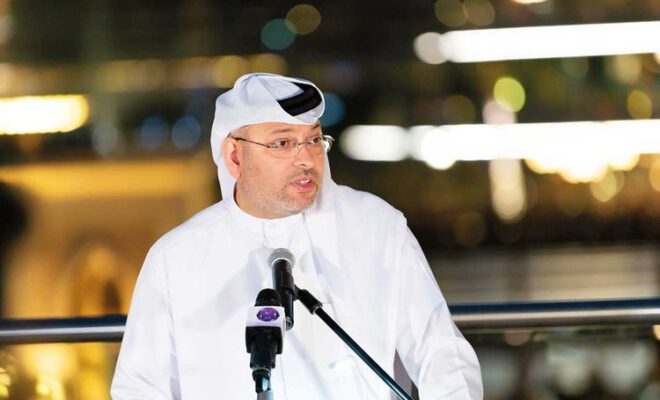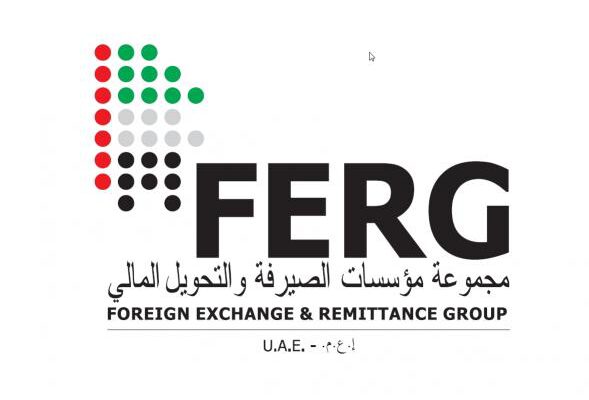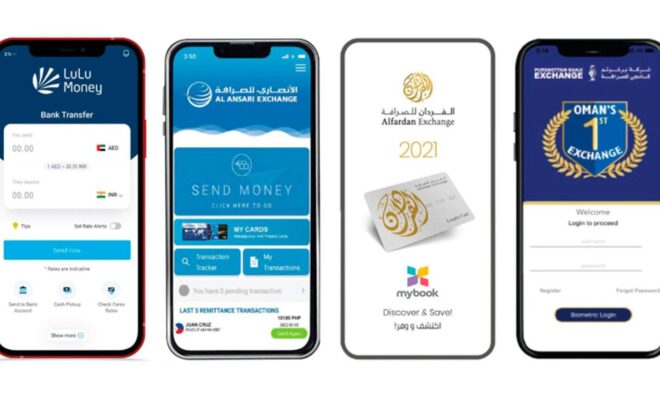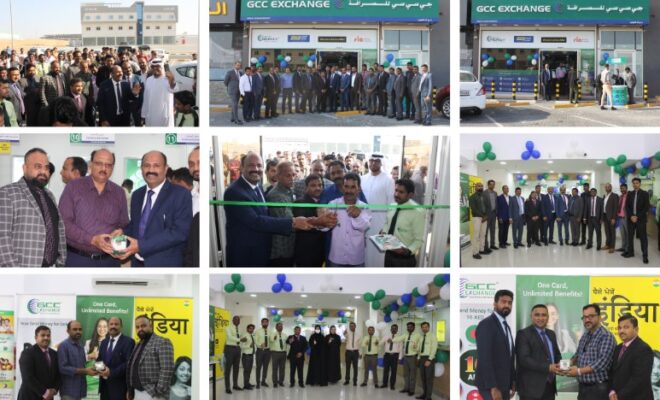The crucial role of exchange houses in the UAE

An exclusive interview with Osama Al Rahma, Vice-Chairman, FERG
In a nation that acts as a hub for both expatriate workers and tourists from all over the world, money exchange and remittance providers occupy a special place in the economy – and in the UAE, these businesses are world-leading. “These businesses have been regulated and licensed by the Central Bank since the Seventies,” says Osama Al Rahma, Vice-Chairman of the Foreign Exchange & Remittance Group (FERG). “That level of advancement puts the industry even ahead of developed countries such as the US and UK, which only began regulating remittance businesses in 2009.”
The economy
He highlights the significant role played by exchange houses in guiding the remittances of the diverse expat diaspora through official channels – the banking systems – back in their home countries. The ability to access such formal channels, Al Rahma says, aids the financial inclusion process, particular for under or non-banked individuals and families.
“The figures show the real growth taking place. It amounts to almost $45 billion [Dh165.3 billion] in remittances. Almost 80 per cent of this is routed through exchange houses, with the remainder through the banking sector.
“The majority of the labour force relies on exchange houses. In 2009 we were a major stakeholder in the disbursement of salaries through the government Wage Protection System (WPS). The exchange houses were a major stakeholder in making such a scheme successful and to cater to such a large segment of the community.”
Al Rahma also hails the role of exchange houses in the UAE government strategy of economic diversification, by their importance to tourists.
A clean financial system
Part of FERG’s remit is to train personnel at exchange houses to watch out for suspicious practices such as money laundering, terrorist financing or fraud. “We are equipping our own organisation with a systematic regime of how to fight these, what policies, procedures and professionally competent people are required to screen, detect and monitor transactions. We are also in line with the Central Bank, with workshops, evolving rules and regulations governing the same. Whether it’s dissemination of updates, sanctions or personnel training – it’s a continuous process.
“It’s also a matter of how you preserve reputation, not only of the organisation but also of the nation as well.”
So far, FERG has trained more than 6,000 frontline exchange house workers. It’s also established an e-learning programme on compliance, in partnership with Thomson Reuters. Aside from that, there are regular joint workshops with Central Bank officials, officers from the police’s financial crimes unit and international entities. “We work to ensure adherence to policies, procedures and how they are being practically implemented by engaging third parties to review as well.”
Covid-19
During the UAE’s National Sterilisation Programme earlier this year, the government allowed exchange houses to remain open. “As we’re serving people on payroll, we’re part of stabilising and creating confidence during tough times,” says Al Rahma. “This helped [remitters] support their families back home, who may be suffering financially – much needed during Covid-19. People are losing jobs and contributions from remitters were very important for supporting families.
“We were facilitators during that time. Our staff were heroes. They were at the frontline, observing all safety protocols and measures. They were there and I’m very proud of those people.”














Covid-19 UAE: 10-Day Quarantine Mandatory in Dubai for Close Contacts
Export Shipping Documents Checklist to complete your First Trade